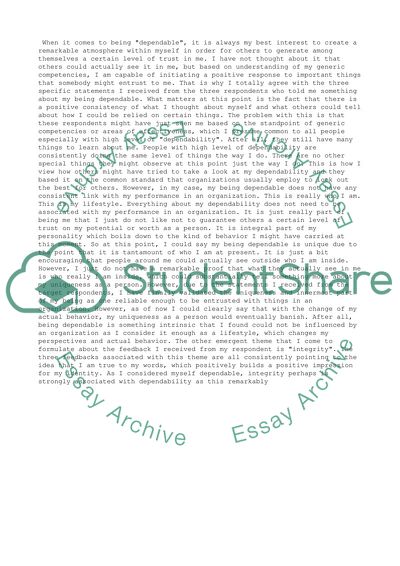Cite this document
(“Reflective Report Essay Example | Topics and Well Written Essays - 2500 words”, n.d.)
Reflective Report Essay Example | Topics and Well Written Essays - 2500 words. Retrieved from https://studentshare.org/management/1401768-reflective-report
Reflective Report Essay Example | Topics and Well Written Essays - 2500 words. Retrieved from https://studentshare.org/management/1401768-reflective-report
(Reflective Report Essay Example | Topics and Well Written Essays - 2500 Words)
Reflective Report Essay Example | Topics and Well Written Essays - 2500 Words. https://studentshare.org/management/1401768-reflective-report.
Reflective Report Essay Example | Topics and Well Written Essays - 2500 Words. https://studentshare.org/management/1401768-reflective-report.
“Reflective Report Essay Example | Topics and Well Written Essays - 2500 Words”, n.d. https://studentshare.org/management/1401768-reflective-report.


